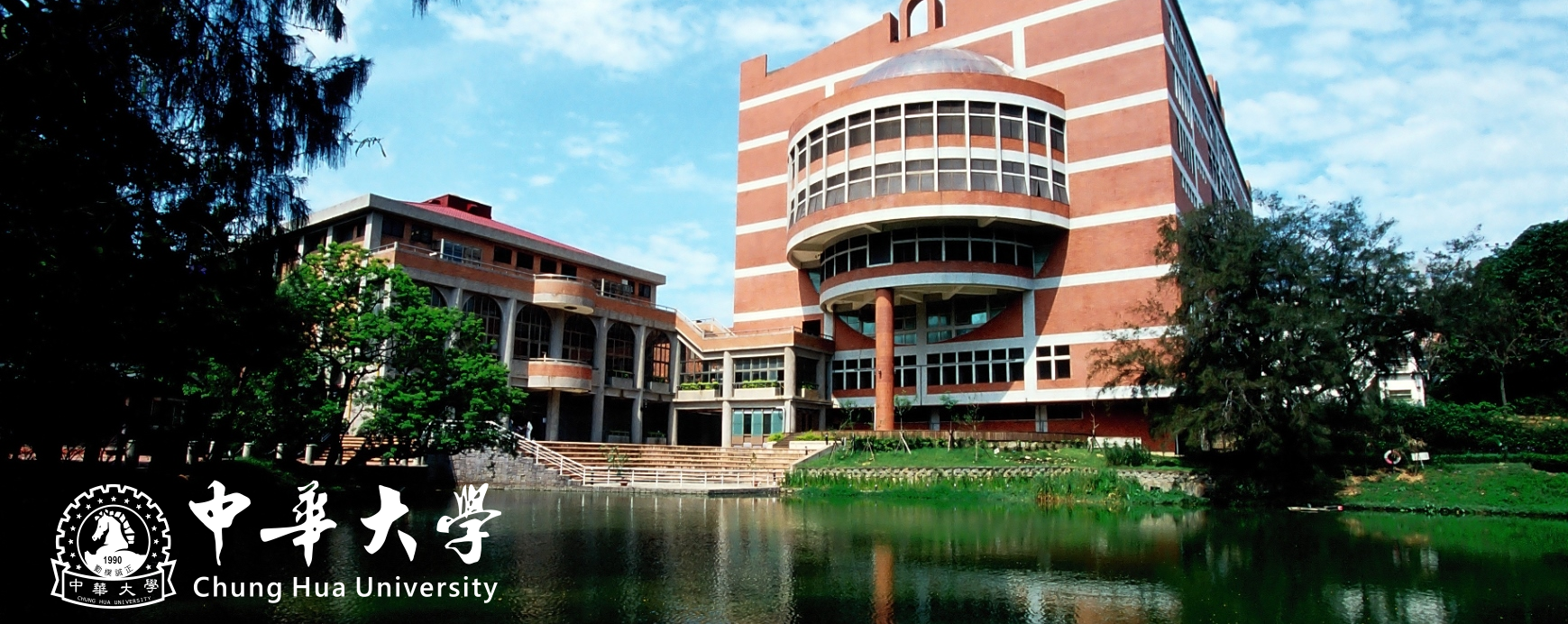[Oct 11th 2024] Decommissioned Wind Turbine Blades Become Eco-Friendly Chicken Coops: CHU Design Team Wins "Innovation Award"!
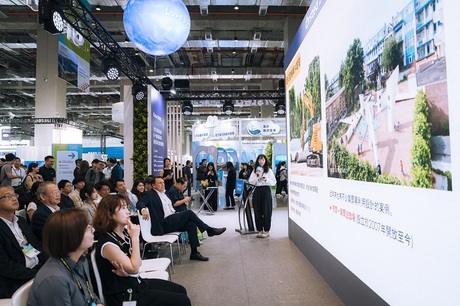
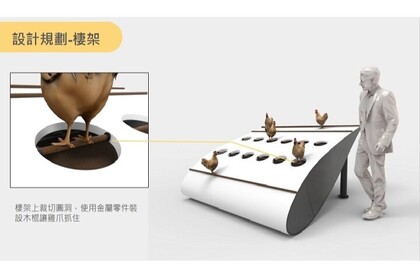
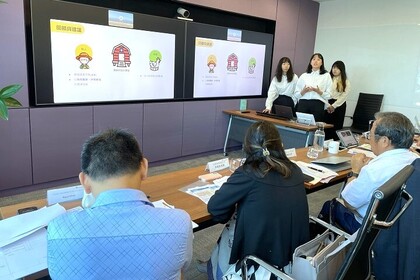
A team of fourth-year students from CHU's Landscape Architecture Department (now merged with the Department of Architecture and Urban Planning) participated in the "Ørsted Sustainability Innovation Accelerator" competition just before graduation. Their "Chicken Coop" design, which repurposes decommissioned wind turbine blades, was selected as one of six finalists from nearly 70 competing entries and recently won the "Innovation Award," bringing honor to their school with their creative ideas!
Photo1: Project lead conceptualizer, student Hung-Hui Chuo, presenting how they utilized decommissioned wind turbine blades' shade-providing, heat-insulating, and ventilation properties to create innovative chicken coops. (Provided by Ørsted Energy)
The design team, consisting of students Yi-Yun Wu, Hung-Hui Chuo, Ting-Yun Lin, Jun-Hong Chang, and Yi-Xuan Chen, began researching the reuse of decommissioned wind turbine blades after a field trip to the Taichung Thermal Power Plant in their junior year. They explored design possibilities beyond burial or recycling. Under Department Head Xiang-Yuan Chen's leadership and through a design course led by Professor Ming-Hong Wu, the team conducted "reverse engineering research" and "design planning exercises," completing their creative "Chicken Coop" project with guidance from several faculty members.
Photo2: The team designed eco-friendly chicken coops based on chicken living habits, achieving both waste recycling and creating a friendly environment for chickens.
Project lead conceptualizer Hung-Hui Chuo explained that wind turbine blades' excellent weather resistance and heat insulation properties - maintaining normal temperature even under intense sunlight - make them ideal for shade-providing and ventilated structures. These properties are perfect for chicken farms. Compared to traditional chicken coops, where commercial large-scale facilities are expensive and small-scale materials are often less durable and difficult to clean, their team's chicken coop design allows owners to select specifications according to their needs. The design features easy cleaning, durability, quick installation, and affordability, making it friendly not only to operators but also creating a better living environment for chickens through its "chicken-friendly" design approach. The team established their design methodology through this experience and continues to seek suitable design applications.
Photo3: The CHU team advanced to the finals alongside student teams from National Taiwan University and National Taiwan Ocean University. Pictured is the final presentation scene. (Provided by Ørsted Energy)
With support from the university and Taiwan Power Company, students have developed many innovative and practical solutions. For example, last year they won a gold medal at the Tokyo Genius International Invention Fair for their wind turbine blade theme park design. These repeated award-winning achievements demonstrate the team's outstanding creativity and practical abilities, leading in sustainable design while bringing great honor to CHU!
The "Ørsted Sustainability Innovation Accelerator" competition, co-organized by Ørsted Energy and the Metal Industries Research & Development Centre, aims to find innovative solutions for wind power industry pain points through submissions. The participating team from CHU accumulated prize money of up to NT$100,000 in this competition, successfully saving their first pot of gold while learning new knowledge!
